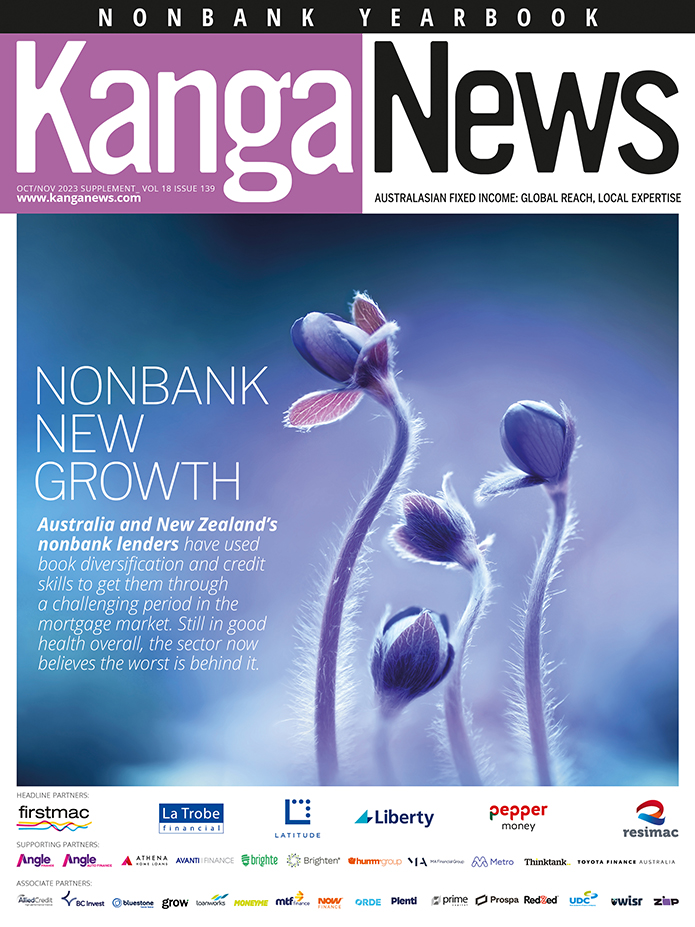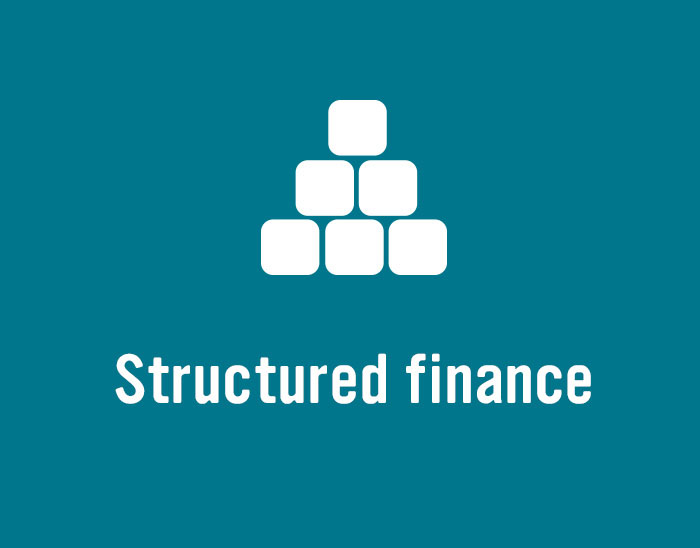
Pandemic performance drives Avanti into new era
The pandemic has done more to emphasise the differences between the New Zealand and Australian economies than their similarities. New Zealand nonbank lenders got through 2020 without the same direct government support enjoyed by their neighbours. But companies like Avanti Finance have demonstrated their resilience and are looking forward to increased business opportunities and a more conducive funding market.
One area where the Australian and New Zealand experience has been similar is asset performance during the pandemic era. To the surprise of many, nonbank loan books more or less universally performed well through the worst of the crisis in 2020 and emerged with minimal hardship. Paul Jamieson, treasurer at Avanti in Auckland, says the lender’s asset book improved rapidly after lockdown in 2020 and it has maintained performance over the last year.
This is despite New Zealand nonbanks largely having to go it alone in the crisis. Where their Australian peers had government support in the form of the Australian Office of Financial Management’s Structured Finance Support Fund and Forbearance Special Purpose Vehicle, the New Zealand nonbank sector relied exclusively on its own capital and credit standards.
Having done so, New Zealand nonbanks like Avanti believe they are well positioned to take advantage of opportunities emerging in the local economic recovery – a view supported by performance in the second half of 2020.
In the near term, it is too early to tell exactly what impact the latest lockdown – caused by a COVID-19 outbreak in Auckland starting in August – will have on asset quality and loan origination.
Jamieson says the pace at which hardship enquiries are coming through is significantly lower than was the case in 2020. However, he acknowledges that a lot of last year’s flow of requests was likely pre-emptive – coming from borrowers that did not eventually need accommodation. Whether there will be a higher signal-to-noise ratio this time may depend on the duration of the lockdown.
Meanwhile, origination has slowed for Avanti at least for the time being. New Zealand’s version of lockdown is tight, and Jamieson points out it is inevitable that auto-loan origination will fall in an environment where car yards are mandatorily closed, for instance. Mortgage origination has also eased as buyers are unable properly to view their target properties.
Notwithstanding the current lockdown – which had already been eased to some extent outside Auckland by early September – loan-origination fundamentals remain very strong in New Zealand. If anything, some easing of market trajectory might be a good thing in the wake of an almost unprecedented housing boom in 2020.
House prices climbed by around 30 per cent last year. Jamieson points out the Reserve Bank of New Zealand had already reintroduced macroprudential measures while the government has introduced a raft of tax-related changes – both designed to keep a lid on the market before the latest lockdown. Virtually all analysts also expected monetary-policy movement in the form of a higher official cash rate, though the COVID-19 outbreak stayed the reserve bank’s hand at its August monetary-policy meeting.
BUSINESS OUTLOOK
In this environment, Avanti is if anything more focused in the medium term on maintaining credit discipline than seeking out origination volume.
“We make sure in our serviceability test that customers can manage interest-rate increases and we have very little mortgage lending of more than 80 per cent LVR [loan-to- value ratio],” Jamieson explains. “We don’t expect a major housing-market correction, but even in the event there was one we have been conservative in our originations and our customers are well protected in the loans we write.”
Even more positive news for New Zealand nonbanks is that their domestic securitisation market may be establishing more reliable liquidity. A clutch of issuers, including Avanti, have established regular issuance programmes and – after several years of high hopes – 2021 has seen something of a breakthrough in issuance volume and breadth.
By mid-September, nonbanks had printed more than NZ$1.7 billion (US$1.2 billion) of new issuance in six transactions – with more on the horizon. Avanti’s contribution, NZ$350 million, is its largest deal to date but also its fourth in as many years. Jamieson says hopes are high that the asset class is digging deeper roots in New Zealand.
He says: “In talking with investors, and bearing in mind the growth of the nonbank space, it is clear the tailwinds of issuance growth and low interest rates have turned investors’ minds to alternative investments. Securitisation is one of them. We are seeing more KiwiSaver funds coming to our market and, perhaps most notably, funds committing resources in the form of specialist securitisation analysts.”

nonbank Yearbook 2023
KangaNews's eighth annual guide to the business and funding trends in Australia's nonbank financial-institution sector.








